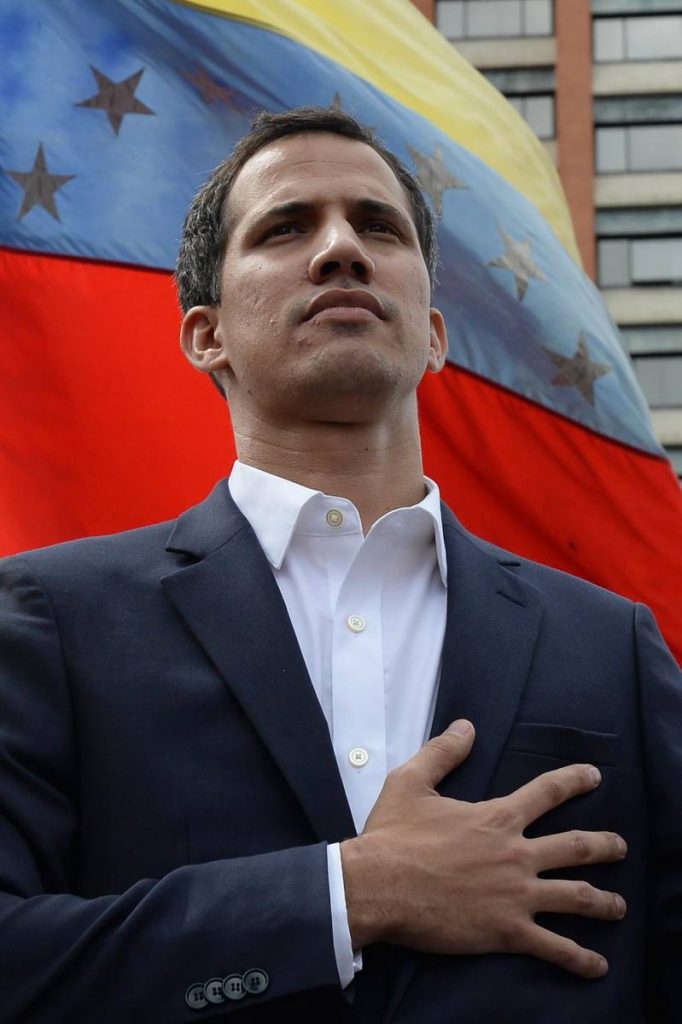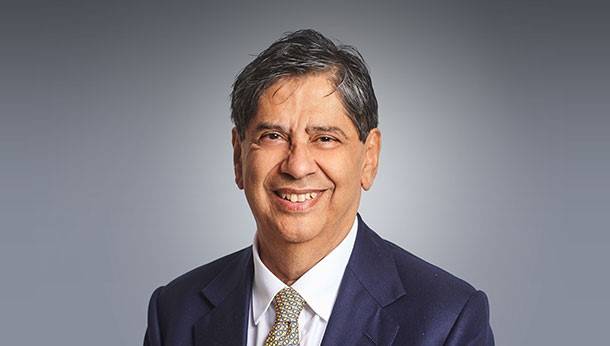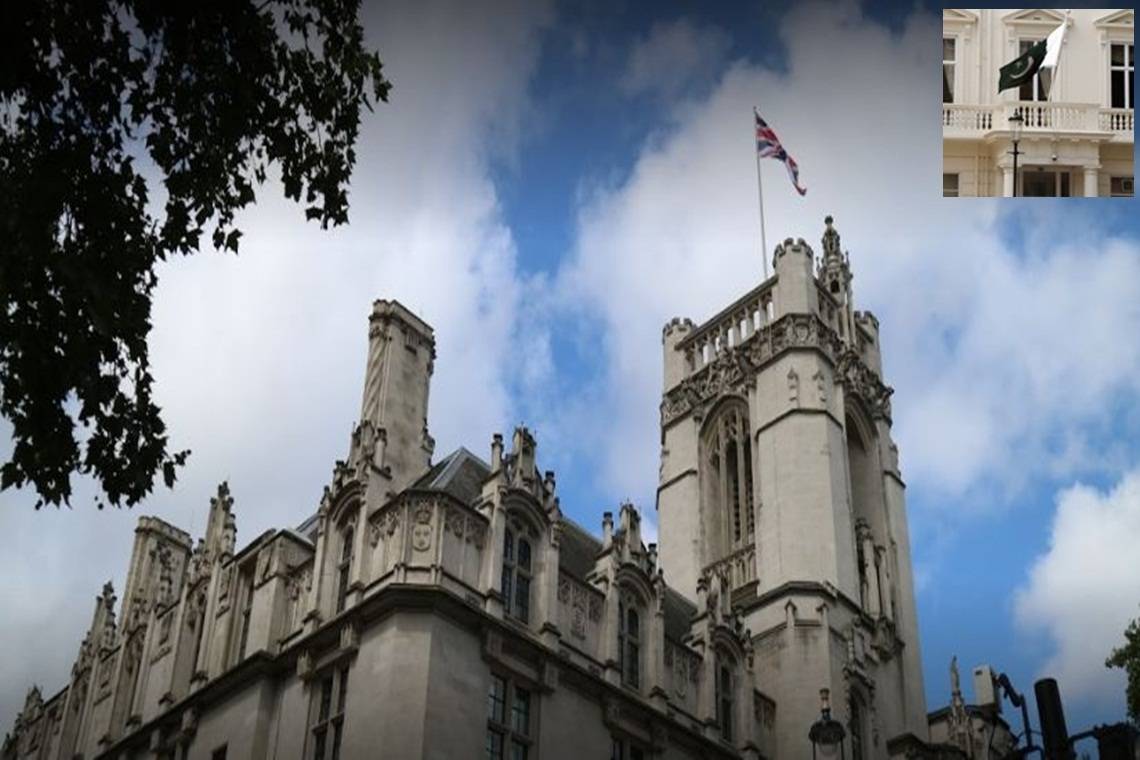Supreme Court reserves judgment in €1.6bn Venezuelan gold case- Bank of England dragging its foot to give Gold back to Venezuela … reports Asian Lite News
The biggest dispute over the Venezuelan gold deposit in the UK has entered its final crucial phase. The Supreme Court heard the final day of an internationally important appeal arising from the ongoing case regarding the fate of €1.6bn of Venezuelan gold deposited with the Bank of England. Judgment was reserved and will be handed down in due course.
The case raises numerous vital questions of English Constitutional law, with the potential impact being that the UK Government can utilise the threat of recognition of a rival political entity within a state with impunity. As in this case, a potential further impact of this would be the assets held by that state within the Bank of England, or elsewhere in the United Kingdom, being removed from their control with no potential recourse in the English Courts.
This bizarre state of affairs could see countries seeking to remove their assets from the jurisdiction of the English Courts, with uncertainty around any potential future political recognition of a rival Government by the United Kingdom damaging the reputation of the Bank of England as a safe institution in which to store sovereign assets.

The Supreme Court case is between the Board of the Central Bank of Venezuela (BCV) and the “Ad Hoc Administrative Board” set up by Juan Guaid6. The so-called Ad Hoc Administrative Board challenges the authority of the BCV’s Board to deal with BCV’s overseas assets and, after a loss in the Court of Appeal, is seeking to overturn a judgment that found that both the incumbent President Maduro and Mr Guaid6 could be recognised by the UK Government in different capacities.
The BCV, represented by London international litigation boutique Zaiwalla & Co, had filed a claim in May 2020 against the Bank of England in order to access part of the approximately
€1.6bn of Venezuelan gold deposited in London. The BCV wishes to sell approximately €1bn of those foreign reserves so that the proceeds can be transferred directly to the United Nations Development Programme to procure humanitarian aid, medicine and equipment needed to fight the Covid-19 pandemic in Venezuela.
“This case treads a fine line between law and politics,” said Sarosh Zaiwalla, Senior Partner at Zaiwalla & Co., representing the Banco Central de Venezuela. “Mr Guaid6’s legal case seeks to position him as being above the rule of law in both Venezuela and the United Kingdom on the basis of a statement made by the United Kingdom Government. It is absurd that €1.6 billion of a country’s gold held in the UK can on that basis be withheld from the government in control of that state and be given to representatives of Mr Guaid6, who has no control of any apparatus of the state. Such a result would have potentially serious and adverse ramifications for the City of London as a safe place to store sovereign assets.

“The simple reality, in this case, is that any ruling upholding Mr Guaid6’s purported appointments if recognised, would fly in the face of reality. His purported appointees have no ability to act on behalf of the Banco Central de Venezuela in any effective way in Venezuela.”
The case was heard by Lord Reed, Lord Hodge, Lord Lloyd-Jones, Lord Hamblen and Lord Leggatt. The Supreme Court heard the Appeal from Mr Guaid6’s side, as well as a Cross-Appeal from the BCV’s Board, and an intervention from the Secretary of State for Foreign, Commonwealth and Development Affairs.
The UK Government’s intervention in this case sought to argue that their recognition of unelected, by the people, Juan Guaid6 as “constitutional interim President of Venezuela” was binding upon the Court, forcing them to treat this as fact. In reality, Mr Guaid6 has no control over the instruments of state in Venezuela, and would have no ability to utilise the assets at stake to help the country’s fight against Covid-19. Furthermore, the European Union which had previously also recognised Mr Guaid6’s claim retracted this at the start of the year when his term as President of the Venezuelan National Assembly ended and, with it, his purported constitutional claim to the Pr esidency.
Furthermore, a result in favour of Mr Guaid6’s representatives would see them placed in charge of the BCV’s international arbitrations based in London, despite them having no influence over the day-to-day management of the Bank nor any ability to have the Bank employees comply with their instructions. Therefore, they would have no ability to comply with the arbitral process, which requires documents to be disclosed and other specific procedures to be followed.
The appeal also discussed the apparent shift in UK policy on international recognition, with a 1980 policy statement arguing in favour of recognising only states, not individuals or governments. Now, it appears that the UK Government is more inclined to utilise the concept of recognition as another weapon in its foreign policy arsenal to influence foreign states. The prevalence of English Law in governing contracts across the world would make such statements incredibly far-reaching.
Zaiwalla & Co is a specialist international arbitration and litigation law firm based in London. The firm regularly acts for international clients on high-value, politically delicate disputes, including having represented Bank Mellat in its successful $4bn damages claim against the UK Treasury for wrongfully imposing sanctions against bank, and advising the Russian Federation in a successful appeal at The Hague against $50bn arbitration awards in favour of the former owners of Yukos. Zaiwalla & Co has also acted for the China National Petroleum Corporation, former Presidents of India and for Sadruddin Hashwani in Jivraj v Hashwani.
Banco Central de Venezuela is represented by Nicholas Vineall QC, Sir Jeffrey Jowell QC, Prof. Dan Sarooshi QC, Brian Dye, Jonathan Miller, Naina Patel and Mubarak Waseem, instructed by Zaiwalla & Co.
The interests of Mr Juan Guaido are represented by Timothy Otty QC, Sir Daniel Bethlehem QC, Andrew Fulton QC, and Mark Tushingham, instructed by Arnold & Porter.
The Secretary of State for Foreign, Commonwealth and Development Office is represented by Sir James Eadie QC, Sir Michael Wood, Jason Pobjoy and Belinda McRae.

Leave a Reply